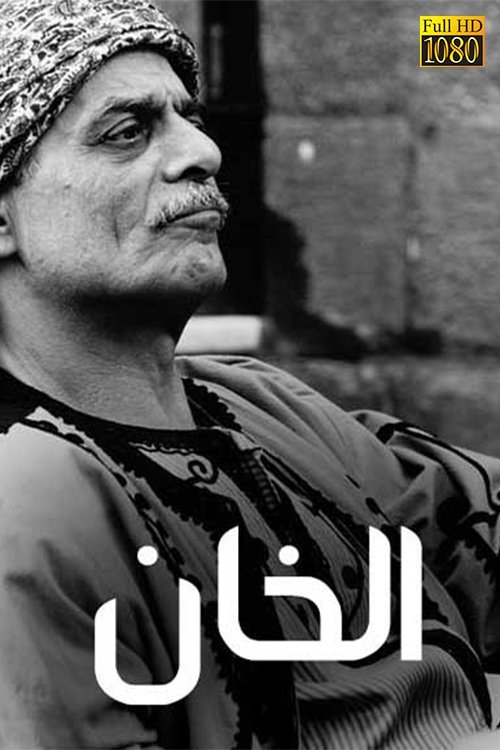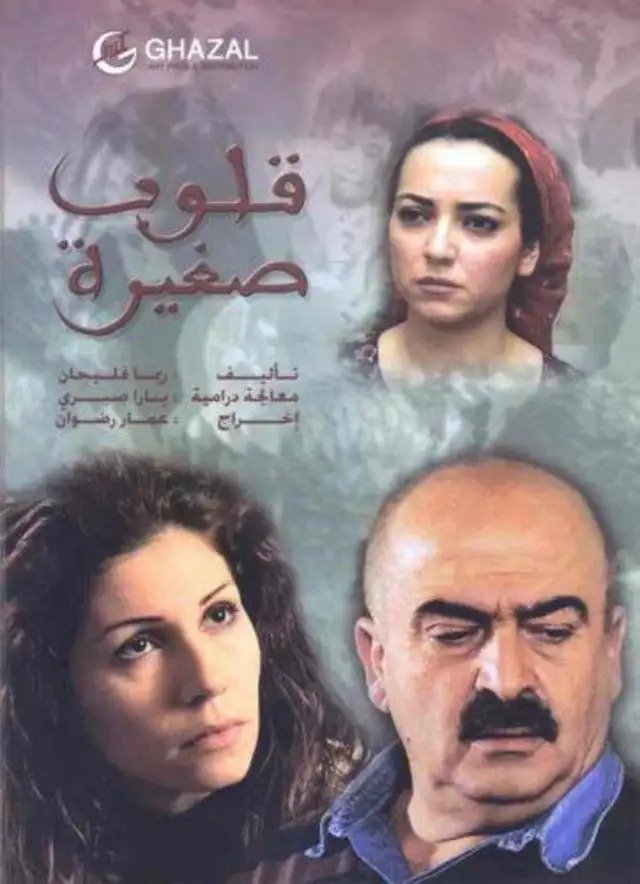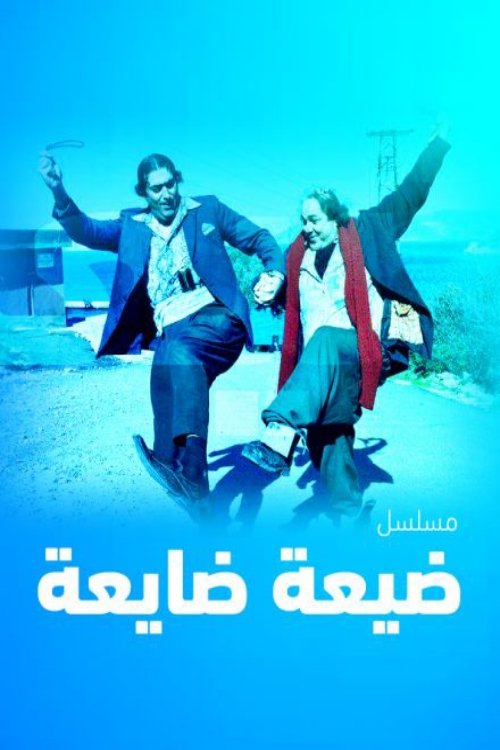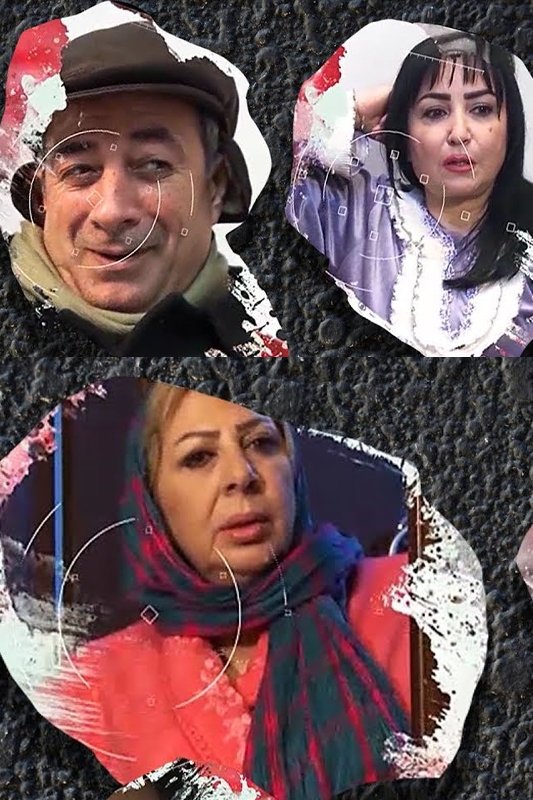



The events of the series take place in the period from 1939 to 1945, the period of the Syrian struggle against the French occupation, by reviewing the current events in that period and shedding light on several characters and their social and political relationships.

The show tells the story of a playwright, Jalal, who holds secular views, and his close friendship with Michel, his childhood friend. Michel initially worked as a lawyer but later transitioned to journalism, founding his own magazine in which he boldly addresses societal issues, drawing significant criticism. Additionally, the narrative explores themes of separating religion from civil and political life through a love story between a man and a woman from different faiths: Jalal (a Muslim) and Hanan (a Christian). Their relationship culminates in a secret marriage, which lasts until Jalal’s sudden passing. Throughout the story, the work focuses on two major issues related to secularism: the demand for a civil personal status law that permits civil marriage, and the call for a secular education system that allows students the freedom to seek their own truths instead of being indoctrinated with a predetermined "absolute truth." It also tackles issues of political and social corruption.

It presents the details of the lives of its simple heroes who live in a small forgotten village in the beautiful Syrian mountains, called “Um al-Tafnaz al-Fawqa”.


Nader is lost between his parents, who are experiencing a struggle between love and hate, Lulia, who is persecuted by her stepmother, Dalal, whose hatred for her stepdaughter reaches the point of attempting murder. Dalal considers Lulia the reason for her unhappiness, but when Lulia leaves her life, she discovers her mistake. Tahseen her husband can only run away from problems and cannot solve any of them.
The series discusses the stories of young university students, their reality during their studies, and the hardships and unknown fate they endure after graduation.
By browsing this website, you accept our cookies policy.